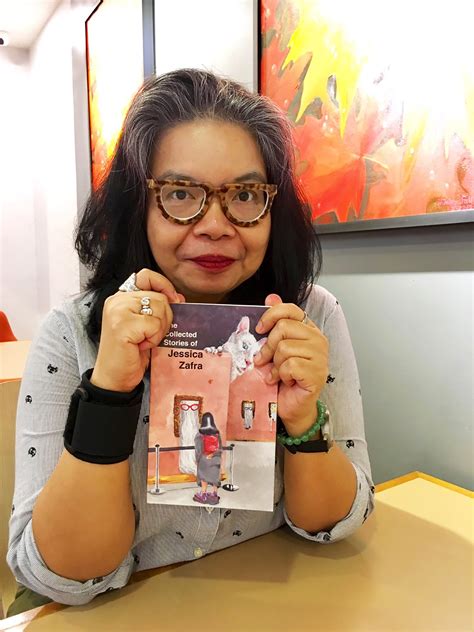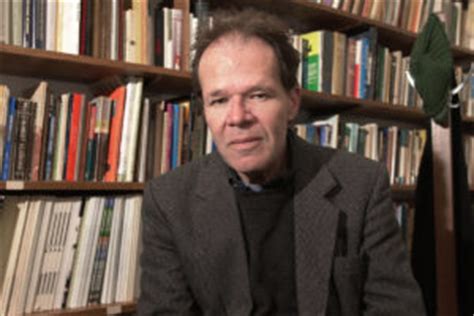A Quote by Scott Turow
In re-reading 'Presumed Innocent,' the one thing that struck me - and I re-read the book four different times in writing 'Innocent,' interested in different things each time - but I did think there were a couple of extra loops in the plot that I probably didn't need. The other thing that sort of amazed me was how discursive the book was.
Related Quotes
The first comic I can remember ever reading was a 'Fantastic Four' issue that my dad bought out of the drugstore once. The thing that struck me about it was that the ending wasn't an ending. It was essentially a cliffhanger. It was the first time I had ever read anything like that, where you read a book, but the book isn't the book.
Shakespeare is renewed each time you see it or read it. I've seen 'Midsummer Night's Dream' so many times, and each time it's a little different, or a different line leaps out at me. It's like re-reading a good book over and over, always noticing something you hadn't seen the time before - and that's rare.
I read continually and don't understand writers who say they don't read while working on a book. For a start, a book takes me about two years to write, so there's no way I am depriving myself of reading during that time. Another thing is that reading other writers is continually inspiring - reading great writers reminds you how hard you have to work.
You can never read your own book with the innocent anticipation that comes with that first delicious page of a new book, because you wrote the thing. You've been backstage. You've seen how the rabbits were smuggled into the hat. Therefore ask a reading friend or two to look at it before you give it to anyone in the publishing business. This friend should not be someone with whom you have a romantic relationship, unless you want to break up.
Once I'd worked out that I couldn't possibly expect people to enjoy a monstrous, 3000-page book, I realised I could in fact create a labyrinth of a story with four different points of entry. But what interested me was creating something that would rearrange itself every time you read one of the other books. So depending on which order you read them, the implications and angles would change. To get that right, each one of the books had to have its own personality and texture -- even though they are connected, they are very different creatures.
With 'Free Agent Nation,' I was figuring out how to write a book along with writing the book. Now I think I've kind of, sort of figured out how to write a book a little bit better. But the process remains not that different - slow; laborious; tiny, incremental progress each day, punctuated by feelings of despair and self-loathing.
I usually have Kafka biography in my bathroom. It's a book I can open at random and feel interested in immediately. It's really funny. With this book, since I'm opening it at random and immediately interested, I don't feel the need to read more than I want to read, in that there's not, like, a plot that leads me along. So I can stop whenever.
'Presumed Innocent' was written over a six to seven year period with intervals in between where I was figuring out the end of the book and writing other stuff... My life as a writer was carried on against the odds. I had written four unpublished novels by then... as a writer of fiction, I hadn't gotten very far. I just wanted to do it.
I used to comfort myself with the idea of a book with serrated, detachable pages, so that you could read the thing the way it came and then shuffle the pages, like a giant deck of cards, and read the book in an entirely different order. It would be a different book, wouldn't it? It would be one of infinite books.
I'd say the purest experience for the movie is not to have read the book because I think when you've read the book you're just ticking off boxes. I think that after you see the movie, reading the book is a cool thing. I always say the movie's not meant to replace the book. That's ridiculous. I'm a huge fan of the book.
If I'm writing a story and you're reading it, or vice versa, you took time out of your day to pick up my book. I think the one thing that will kill that relationship is if you feel me condescending to you in the process. And how does that happen? Well, it happens when I know more than you do, and when I know that I know more than you do, and I'm holding it back from you. So that I can then manipulate you at the end. You know, you think about like in a dating situation how terrible that would be, it's the same thing with a book.
I doubt if I shall ever have time to read the book again -- there are too many new ones coming out all the time which I want to read. Yet an old book has something for me which no new book can ever have -- for at every reading the memories and atmosphere of other readings come back and I am reading old years as well as an old book.





































